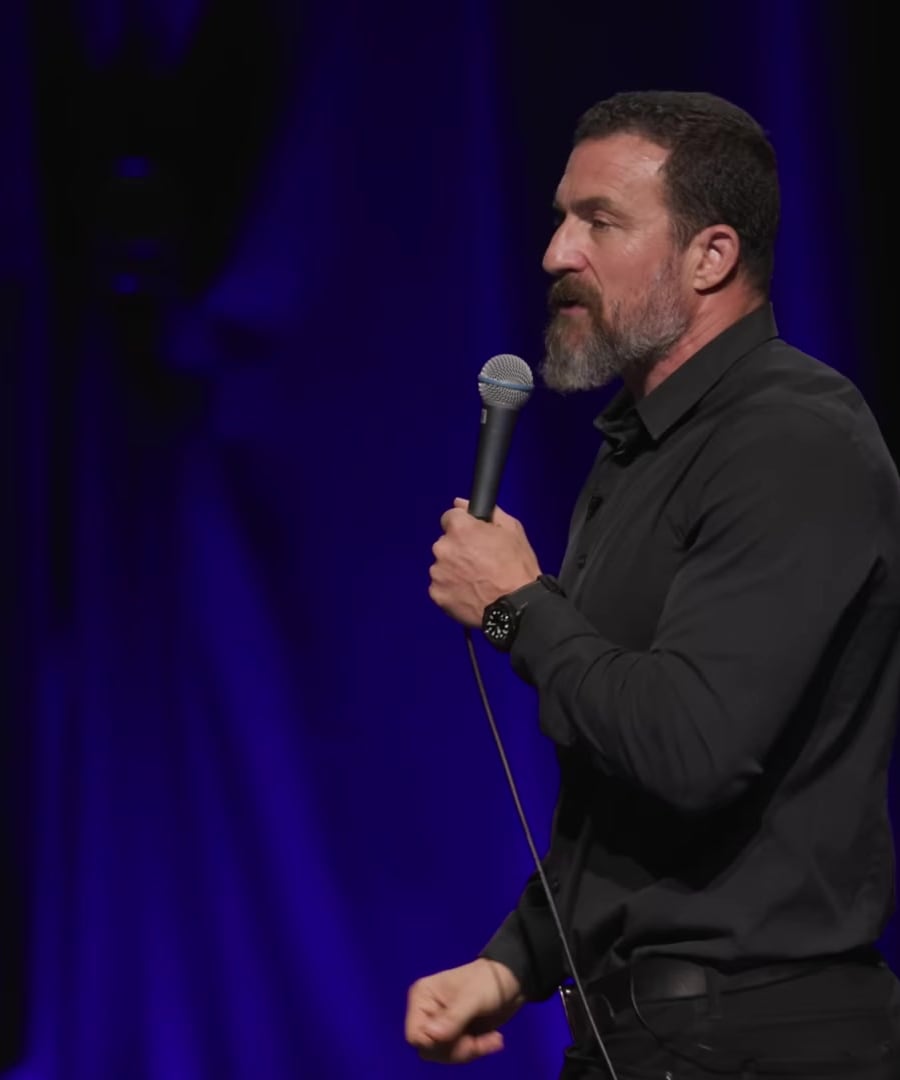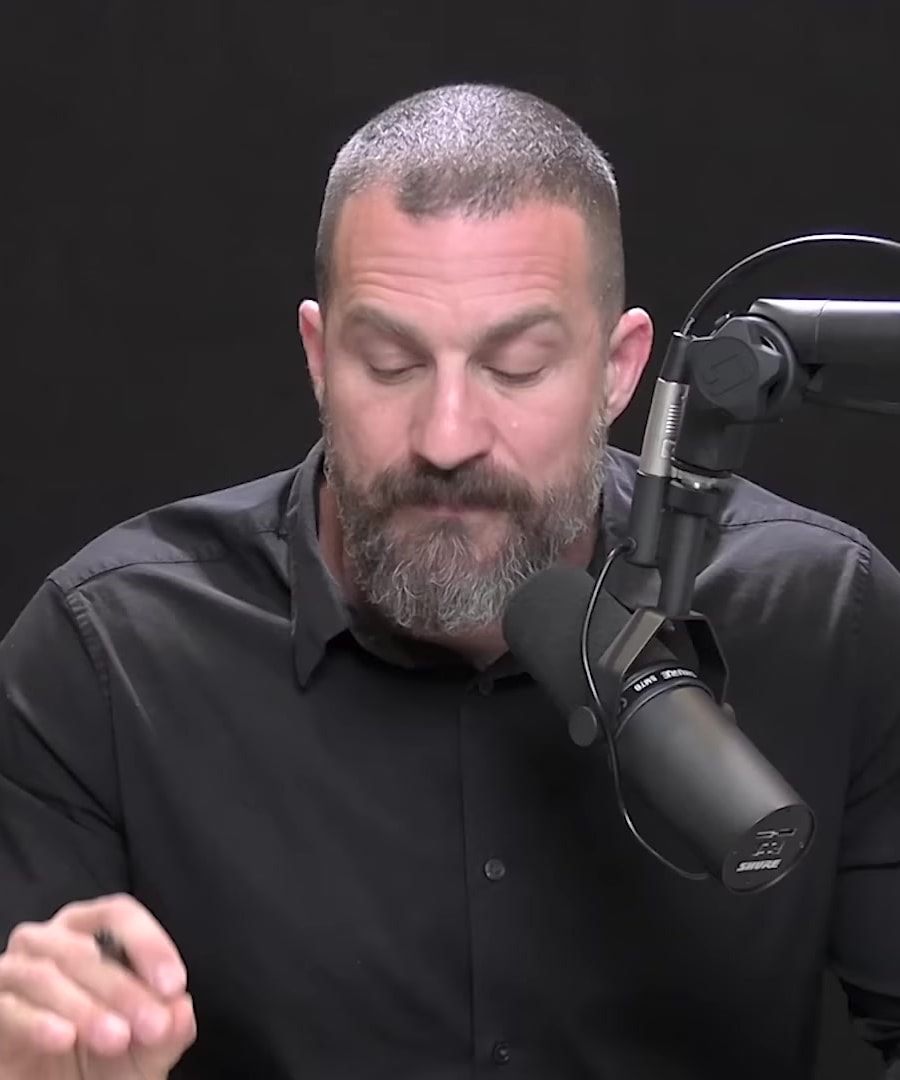Childhood Trauma
Sources:
explains that childhood trauma can fundamentally alter the nervous system, leading to maladaptive behaviors and responses. These neural changes can persist into adulthood, influencing attachment styles and interpersonal relationships. In discussing the neuroscience of heartbreak, Huberman notes that childhood attachment styles are repurposed in adult relationships, affecting how one reacts to separation and loss, such as through heartbreak or trauma-related grief 1.
In another discussion, Huberman emphasizes the importance of redefining and addressing trauma. He describes trauma as an adverse event that disrupts the nervous system in a way that causes ongoing functional difficulties. He advocates for recognizing the broad scope of traumatic experiences beyond extreme cases like wartime scenarios, and stresses the need for therapeutic approaches to rewire the nervous system, which can involve various methods like psychedelics, talk therapy, and physical therapies like cold plunges or SOAS release 2.
Regarding therapy and trauma treatment, Huberman further discusses the process of working through traumatic memories to reduce their impact. By recalling and modifying the narrative associated with traumatic events, individuals can diminish the physiological responses linked to those memories and foster the development of new, non-traumatic associations 3.
RELATED QUESTIONS


